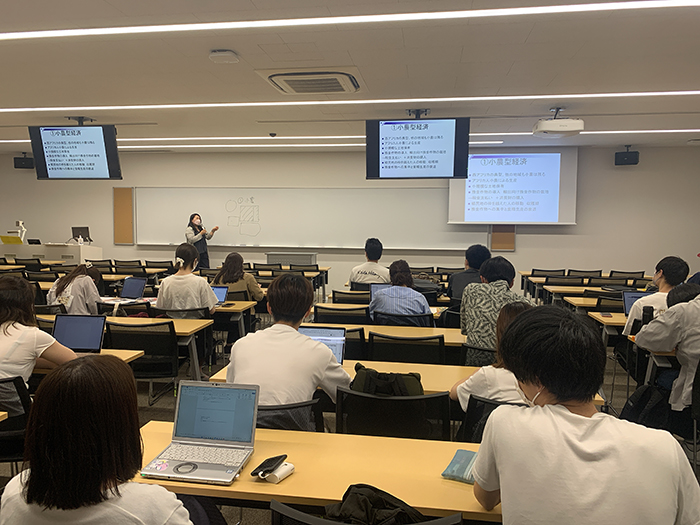Class Introduction:African History
Comment from Professor:
This course aims to comprehensively study Sub-Saharan African history from an African perspective. The target period is wide-ranging, from ancient times to the 20th century.
The focus is on colonial rule and apartheid from the late 19th century onwards, but it also covers the historical relationships between Africa and the Middle East/Asia before colonial rule, and the Atlantic slave trade and its modern meanings.
Summarizing the history of the continent is not easy, but understanding African history is essential to comprehend modern Africa. In high school world history, the description of Africa is overwhelmingly limited compared to Europe, the Americas, Asia, and the Middle East. Therefore, this course aims not only to capture African history as a continuous history but also to explore African history and its relationships with various regions of the world from an African (people's) perspective.

Class Interview
The course gives an overview of African history from the trade period before the Age of Exploration, when relations with Western Europe began, through division and colonization by the great powers, and from independence to the present. It primarily focuses on colonial rule, showing how the control by the great powers impacted African
countries’ cultures, economy, and various other aspects. It aims to deepen our understanding of the issues modern Africa faces.
Africa consists of 54 sovereign countries, each with a different history. The presence or absence of colonization, and the differences in colonial rulers make its history really diverse. However, because high school textbooks only have a few pages describing Africa,
the understanding we gained was fragmented. This drove me to take this course which allows for learning African history in depth.
The “slave trade that reached its peak in the 18th century and declined thereafter” may give the impression that the problem was solved, but, in fact, it still attracts attention and is debated internationally today. History connecting to consciousness on contemporary issues through some examples makes the class appealing.
(Second-year, Faculty of Global Studies)
This course aims to teach the development of historical events in Africa and the positioning of Africa in world history through the cases of various countries and regions,
as well as to deepen understanding of the issues facing modern Africa. In particular, it details the situation of Western European powers’ expansion into Africa and its effects.
As an African Studies major, I enrolled because I wanted to gain detailed knowledge about Africa. I had previously attended Professor Maki’s course on African Gender Studies, which sparked my interest in African history and society making me eager to attend more of her lectures. The charm of this course lies in learning African history
profoundly and broadly, which made me realize how Eurocentric the “world history” we learn in high school is, and it changed my views and values on Africa and the world so far.
(Third-year, Faculty of Global Studies)
This course will be conducted focusing on “African agency” in the history of Sub-Saharan Africa. By studying African history starting from ancient times, we can confirm its connections with world history, and on that basis, reconsider the various issues faced by modern African countries. Through the lectures, I feel how important the historical
perspective is in understanding the social, economic, and political problems faced by African countries.
